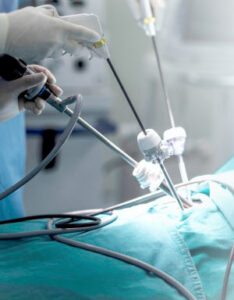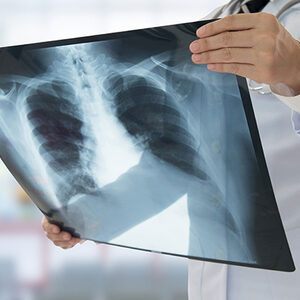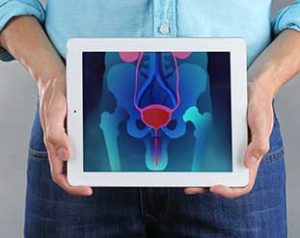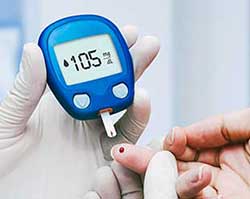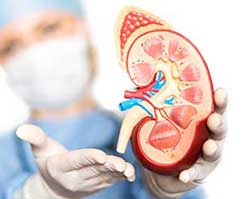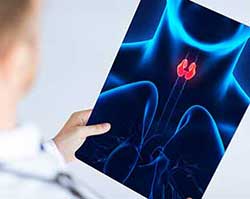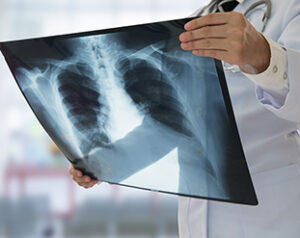Consult City's Top Doctors, The Minute You Need To
First Consultation starting
@ ₹349 ₹599
586
Fertility Specialists
10102
Cases done
by Fertility Specialists
1549
Hospitals
Asthenozoospermia - What You Need to Know?
About
Decreased movement of the sperms or sperms with low motility
Men smoking more than 10 cigarettes in a day are at a higher risk of getting asthenozoospermia. [1]
- Requires medical diagnosis, semen analysis is recommended
- Can happen due to many unrelated causes
- Treatment depends on the underlying cause
Asthenozoospermia can lead to infertility in men, as the sperms are unable to travel to the fallopian tube for fertilizing the egg. A healthy sperm’s motility rate is around 25 micrometers in each second. In the case of asthenozoospermia, there might be no movement at all or movement at the rate of 5 micrometers per second. The causes of asthenozoospermia can be many. Any damage to the testicles can lead to this condition. Testicle damage can be due to injury, testicular cancer, testicular surgery, or infection. Long-term use of steroids, excessive smoking, enlargement of the scrotum, trauma to the pelvic area can also lead to decreased sperm motility.
Ages affected - can affect men of all ages - but more common in men above the age of 45 years
Symptoms
Self-diagnosable
Fertility issues
Treatment
The treatment depends on the cause.
Self-care
Following a healthy lifestyle, eating a balanced diet rich in nutrients, regular exercise, quitting smoking, reducing alcohol, all can improve the condition.
Specialist
A specialist will diagnose the underlying the cause and prescribe supplements to increase sperm motility. Surgery may also be recommended. Consult a mfine expert to know what treatment is required
Other Specialities
Give a missed call to 08061914343 to Download the App

